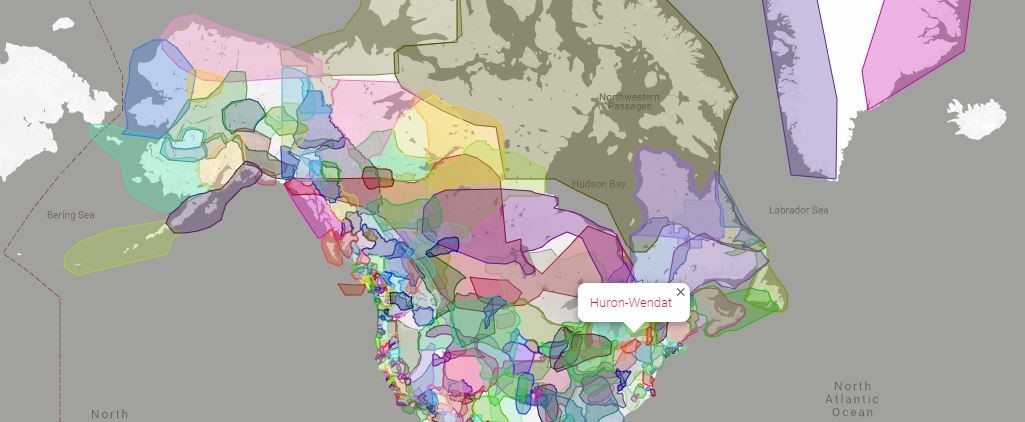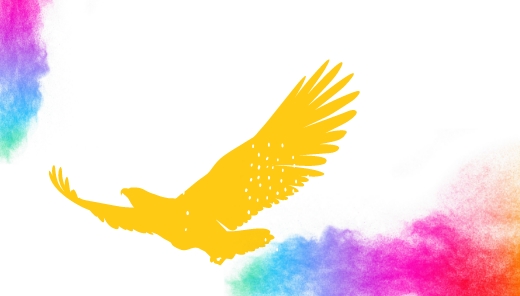During the month of June, we honour National Indigenous History Month and on June 21st we recognize National Indigenous Peoples Day – held around the summer solstice (the longest day of the year) which is of spiritual significance for many indigenous peoples. On this day we celebrate the unique cultures and perspectives of First Nations, Métis and Inuit communities. We also mark a number of important events that occurred in recent years, like The Truth and Reconciliation Commission of Canada: Calls to Action and having Canada sign on to the United Nations Declaration on the Rights of Indigenous Peoples.

National Indigenous History Month banner with 3 illustrations: an eagle representing First Nations, a narwhal representing Inuit and a violin representing Métis. These illustrations are placed around the sun and surrounded by multicoloured smoke that represents Indigenous traditions, spirituality, inclusion and diversity.
As a national organization with offices across Canada, we value our partnerships with the various Indigenous groups that we’ve had the privilege to work with. Our 40 years of environmental and health & safety consulting service experience has allowed us to help these communities assess environmental, health and safety conditions in community housing, schools, and health care facilities that enhance the quality of life and the environment. Our local teams help us establish deep-rooted relationships with a concrete foundation in trust and understanding. We understand that a community’s environment, inside and outside, is their biggest asset to protect for future generations.
“Getting to know people, creating a relationship to the place that you are from, the water that you drink…getting to know these things in an intimate way, is what essentially, will change peoples minds, change peoples hearts. Acknowledging the land and water that sustains us and life on Mother Earth is part of becoming a balanced and present human being. Its about honouring and protecting the land and water, honouring ourselves and our bodies.”
Nigit’stil Norbert, Gwich’ya Gwich’in, Born and raised in Denendeh, Yellowknife, Northwest Territories
Source: www.whose.land
Pinchin’s head office is in Mississauga Ontario, which is located on the Traditional Territory and Treaty Lands of the Mississaugas of the Credit First Nation. As environmental professionals, it’s important that we recognize the lands we work with and on. To help spread knowledge and awareness of the lands which our homes and businesses are situated on, we thought we’d share an informative tool on the Whose.Land website that helps you find information for land acknowledgement and about the treaties and agreements signed across Canada.
Pinchin is honoured to have been able to work with various First Nations, Métis and Inuit communities to help them better understand their natural and built environments. We look forward to engaging with the community Elders further to help us better understand their culture and lands. If you work with or represent a First Nations, Métis or Inuit community and would like to learn more about some of the environmental services our national team of experts can provide, download our First Nations Communities & Organizations Brochure.
Or contact one of our local representatives that have a close working relationship with Indigenous communities.
Jason Combe
Director, Winnipeg, MB
Dixie Ortiz
Project Manager, Sudbury, ON
Greg Rusling
Executive Vice President, Calgary, AB
Joelle Belanger
Manager, Corporate Health & Safety, Victoria BC
Dale Wiebe
Regional Manager, Kenora, ON
Don Cavan
Operations Manager, Thunder Bay, ON
Brad Pitchford
Regional Client Manager, Richmond, BC




